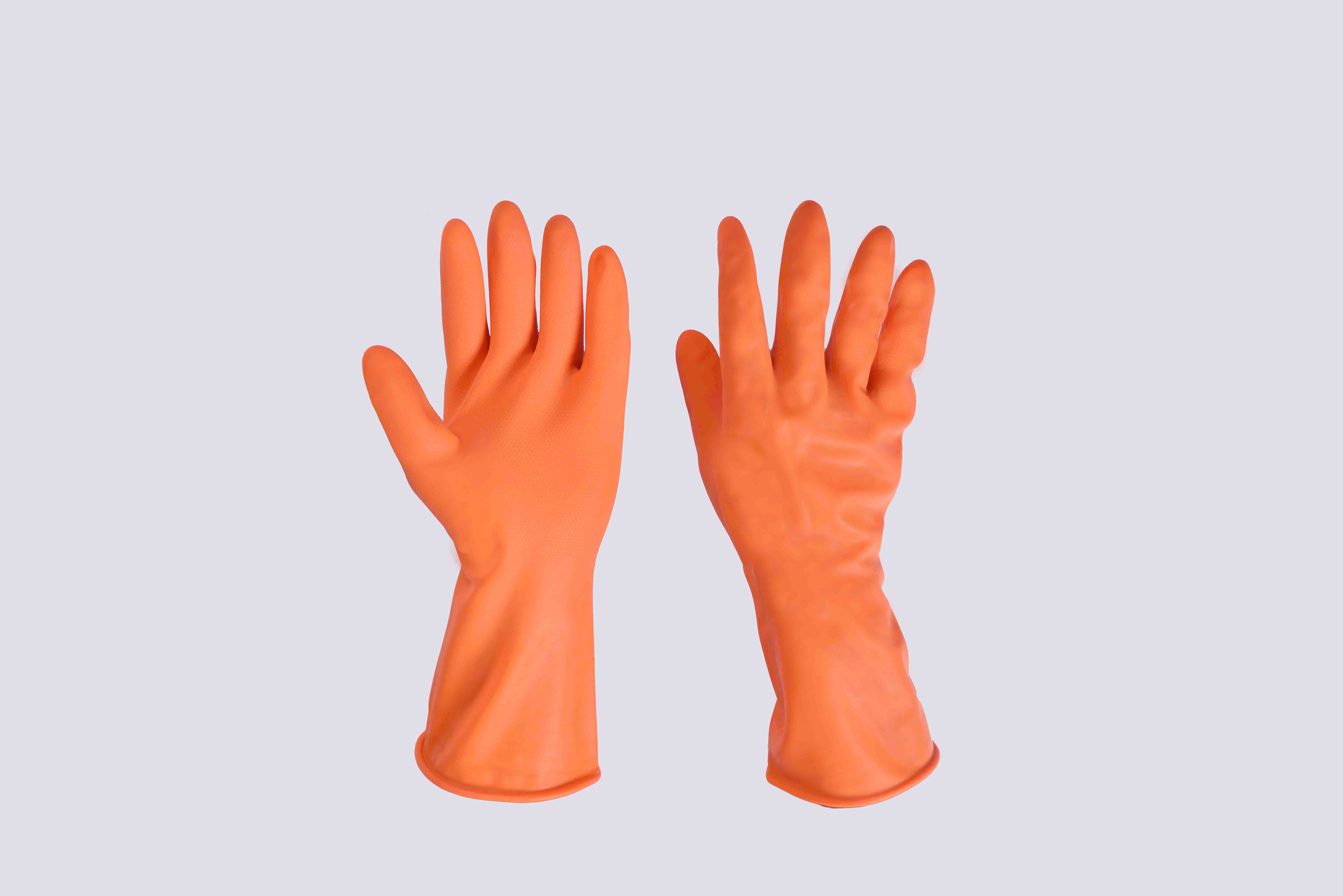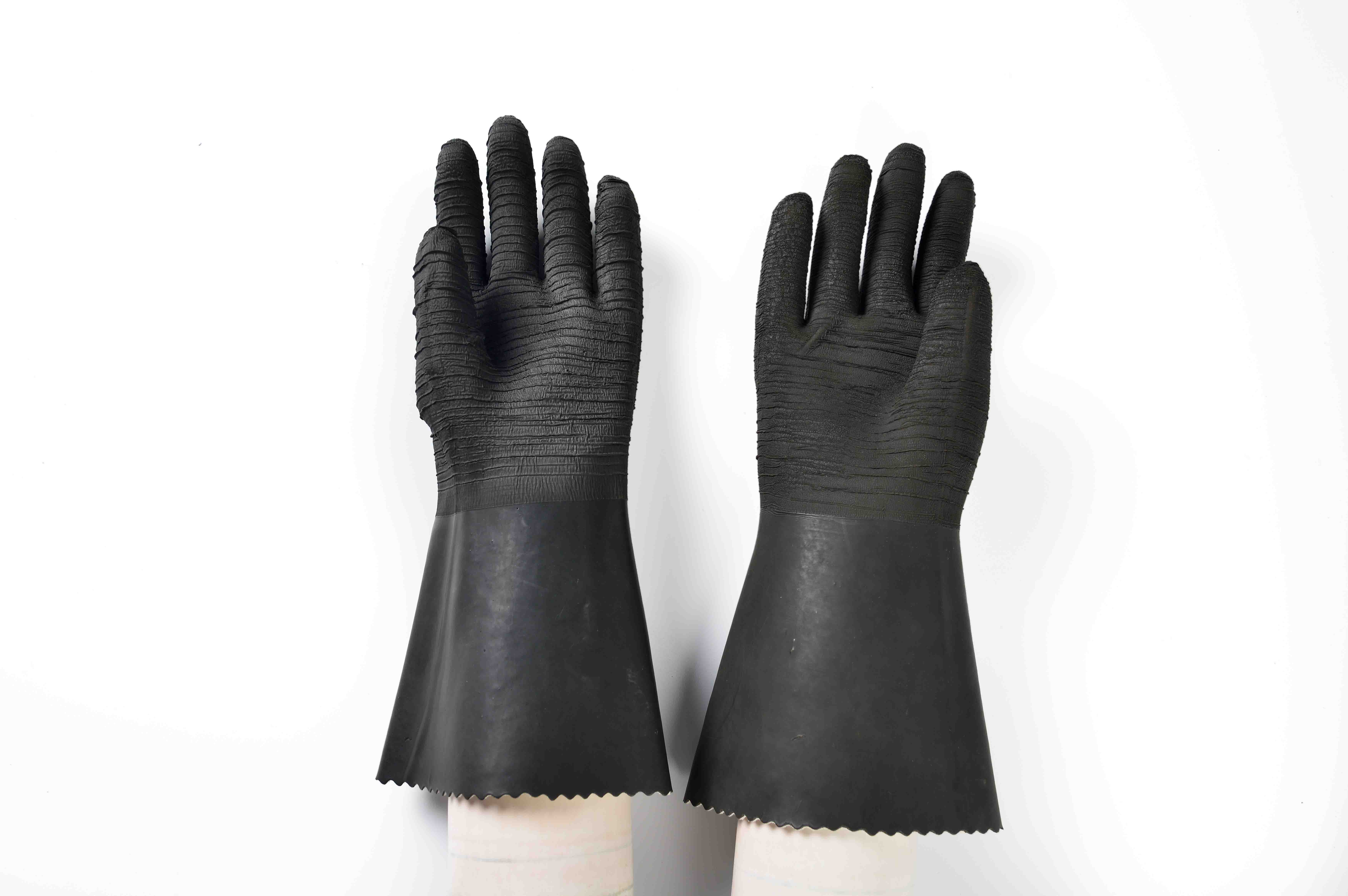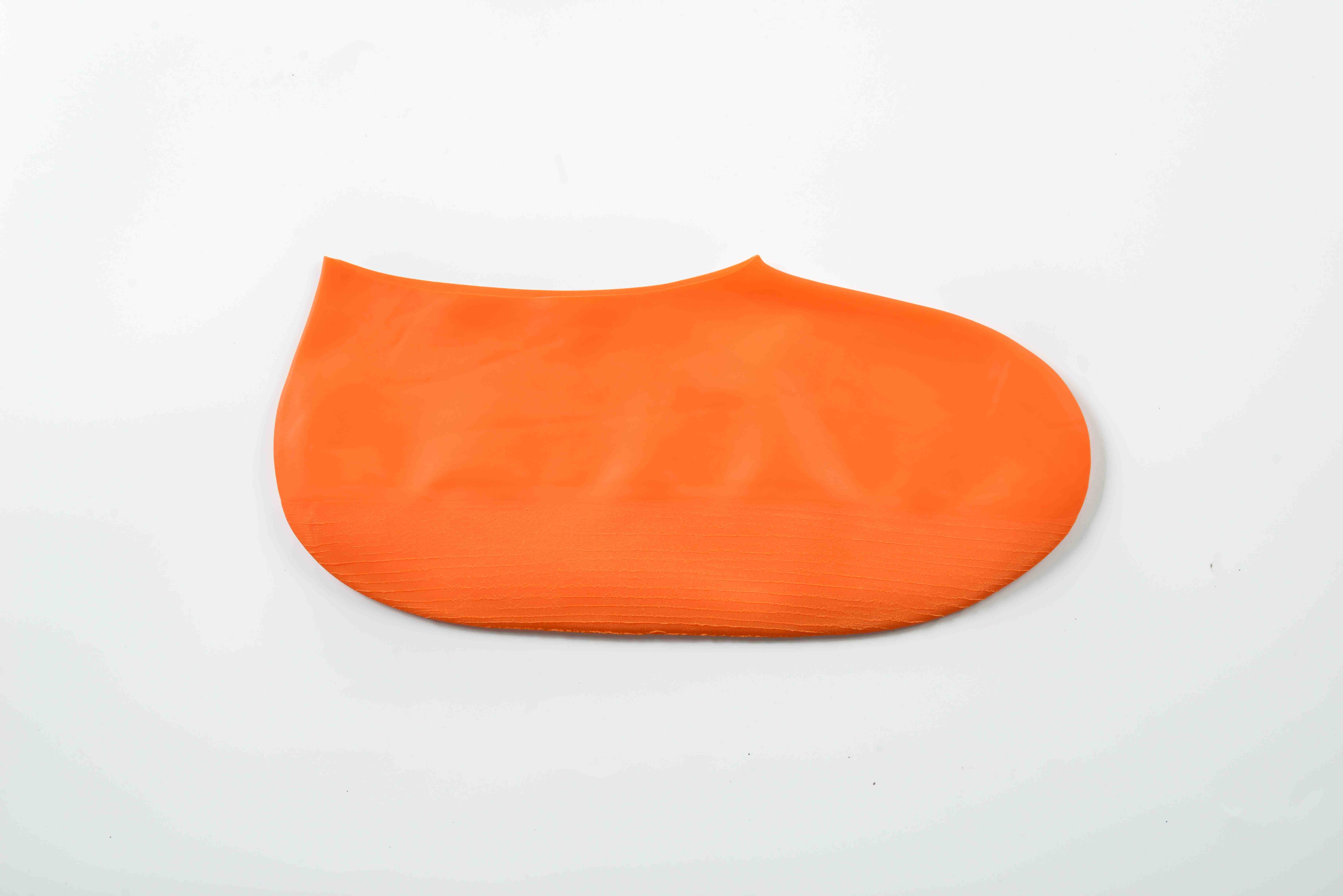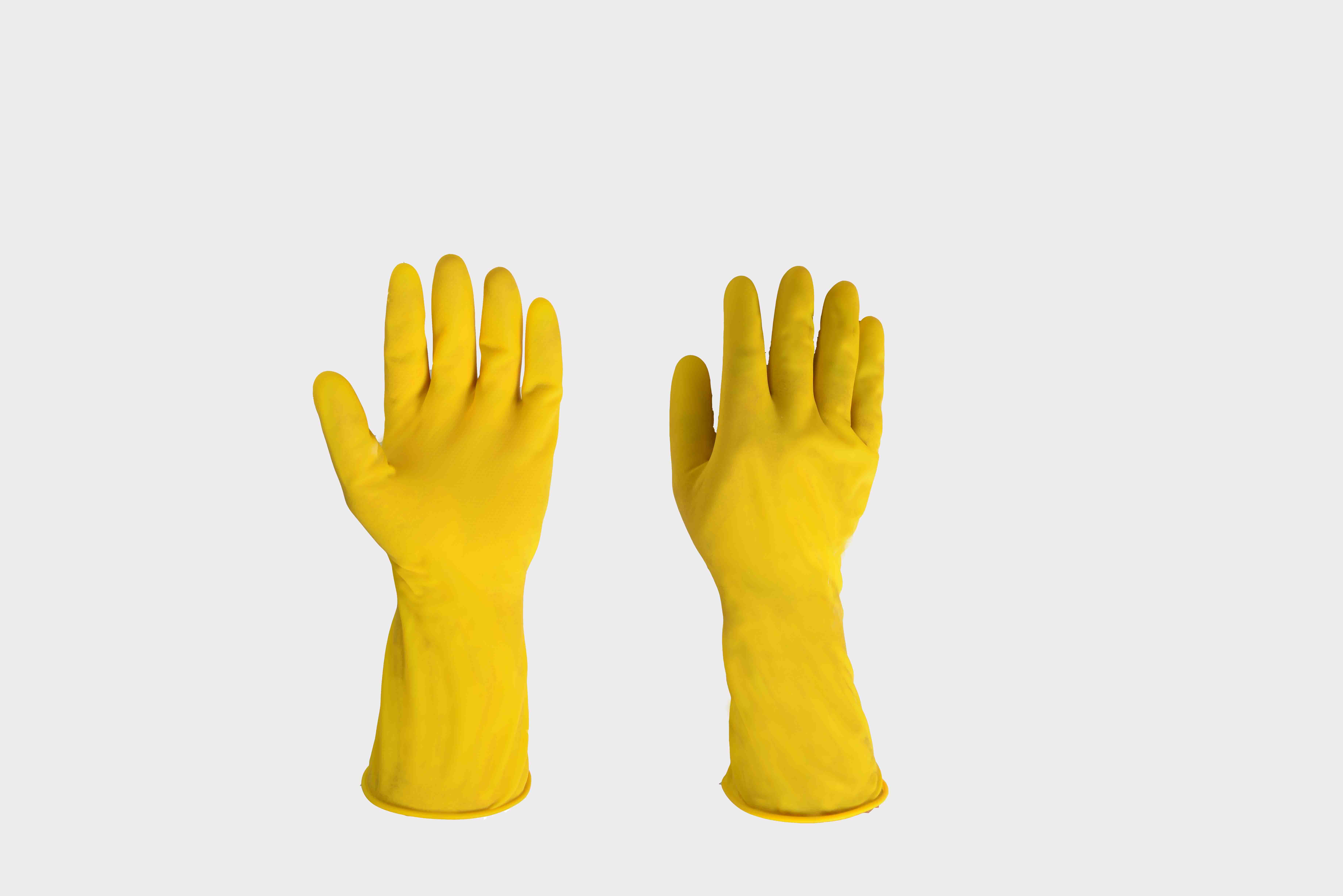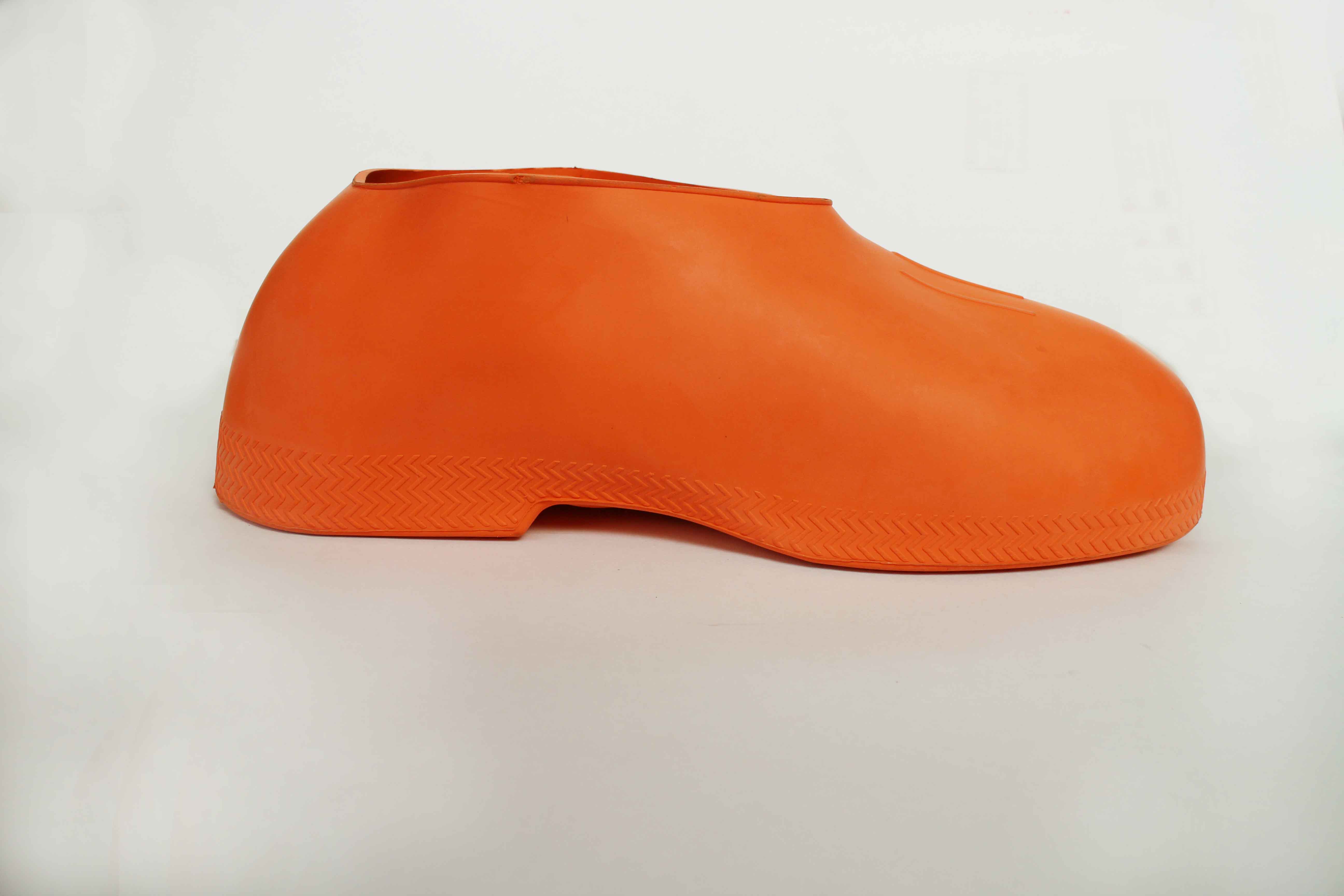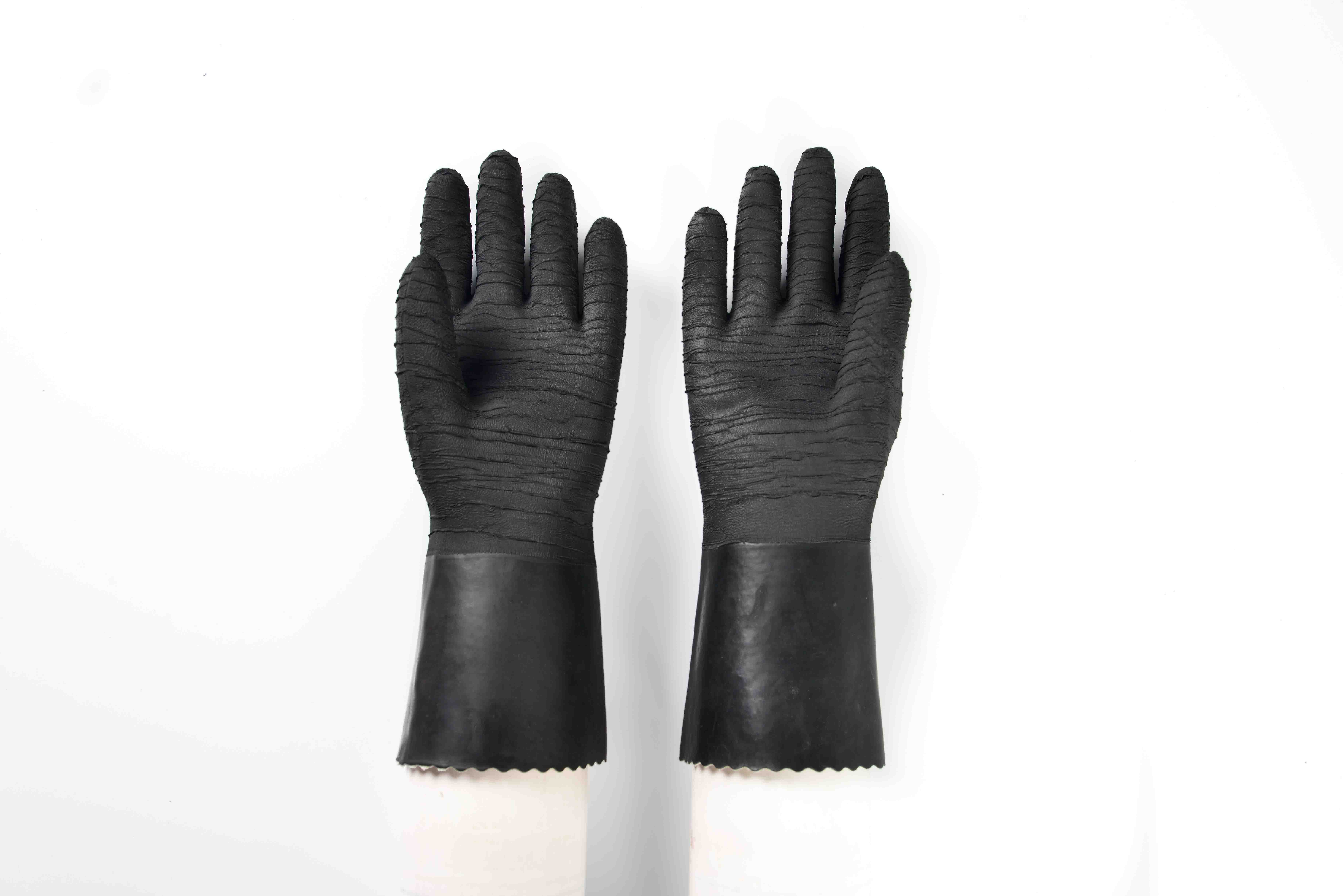20 Years Factory Rubber glove-household-L to Malta Manufacturers
Short Description:
Sanitation glove, made of 100% natrual latex, length 32-36cm, textured palm for anti-slip, waterproof, anti acid and alkali, non-toxic. Mainly used for food processing, hotels, family kitchen, etc. Color: red, yellow, orange, rose, nude, etc.
Product Detail
FAQ
Product Tags
We take "customer-friendly, quality-oriented, integrative, innovative" as objectives. "Truth and honesty" is our management ideal. 20 Years Factory Rubber glove-household-L to Malta Manufacturers, We are confident to make great achievements in the future. We are looking forward to becoming one of your most reliable suppliers.
Sanitation glove, made of 100% natrual latex, length 32-36cm, textured palm for anti-slip, waterproof, anti acid and alkali, non-toxic.
Mainly used for food processing, hotels, family kitchen, etc. Color: red, yellow, orange, rose, nude, etc.
FAQ Content
Examining the different types of RTV mold rubber available for mold making and casting from Smooth-On.
Advantages of Latex
* Least expensive mold rubber available.
* Very elastic, thin-walled and strong.
* Lasts a long time.
* Offers good abrasion resistance.
* Good for making glove molds.
Disadvantages of Latex
* Strong ammonia smell.
* Can only be brushed onto an original.
* Many coats are necessary.
* Can take up to two weeks to make mold.
* Shrinkage.
Casting with Latex
* Good for casting concrete, wax or plaster.
* Generally not used for casting urethane, polyester, or epoxy resins, or low-temp metal alloys.
Advantages of Polysulfide
* Soft, stretchy, and durable.
* Last a very long time.
* Moderate cost.
* Will cure against water clay or clays containing sulfur.
Disadvantages of Polysulfide
* Accurate gram scale to weigh components.
* Offensive odor.
* May stain white plaster during casting.
Casting with Polysulfide
* Good for casting plaster or wax only.
* Will not handle concrete, resins, or low-temp metal alloys.
Advantages of Silicone Rubber
* Best release properties of all the mold rubbers.
* Model surface preparation minimal nor not necessary.
* Release agent for casting often not necessary.
* Most heat resistance to high temperatures.
* Can cast low-tempmetal alloys such as tin and pewter.
* High tear resistance.
* Knotty tear propagation.
* Very good chemical resistance.
* Longest mold life for casting urethane, polyester, or epoxy resins.
Disadvantages of Silicone Rubber
* Price.
* Require precise measurement.
* Air entrapment. Vacuum degassing may be necessary
Disadvantages of Tin-Cure Silicone
* Will shrink somewhat over time.
* Will lose tear strength when stored in library over time.
Disadvantages of Platinum-Cure Silicone
* Most expensive available.
* Cure inhibition.
Casting with Silicone
* Appropriate for most casting materials.
Advantages of Polyurethane Rubber
* Available in a wide hardness range.
* Last a very long time.
* Cost less than silicones and polysulfides.
* Accurate gram scale often not required.
* Vacuum degassing generally not required.
Disadvantages of Polyurethane Rubber
* Sticks to most surfaces.
* Model preparation generally required before pouring.
* Release agent may be necessary before casting.
* Moisture sensitive.
* Very limited shelf life after opening.
Casting with Polyurethane
* Good for casting wax, plaster, concrete and resins.
* Will not handle the heat of low-temp metal alloys.
Make It Now! with Smooth-On
http://www.smooth-on.com/
http://www.facebook.com/SmoothOn
http://twitter.com/SmoothOn
http://www.google.com/+smoothon

